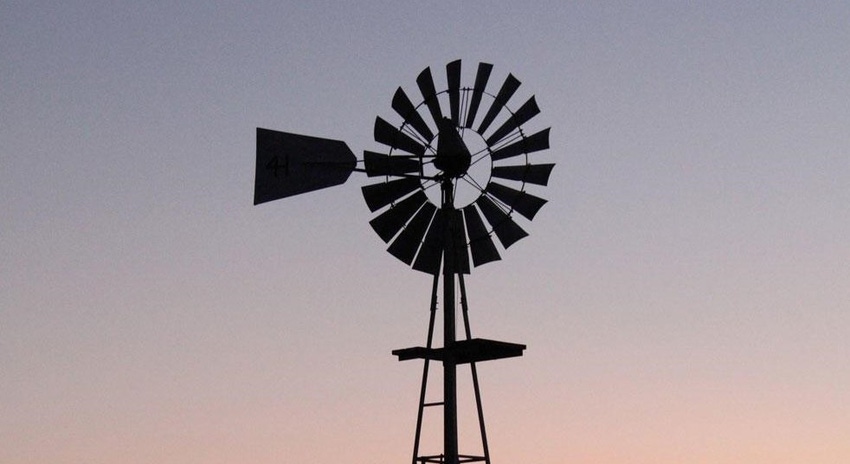
We’ve heard talk for well over a decade from farm groups about the need to "tell our story." I hear it at commodity group meetings. I hear it from farmers on those boards and elsewhere. It's true, of course, but it’s almost become a cliché.
The question is, how can this be done most effectively? Tens of thousands of websites tell the stories of individual farmers, fertilizer providers, crop consultants and ag-tech startups. How does the public wade through the morass? Can the agricultural press step in and tell these stories in a believable way, or has general distrust in media affected perceptions of us, too?
In a recent discussion with some ag communications peers, we agreed that there appears to be a deeper well of agricultural knowledge among today's crop of ag writers than there is in many of the PR groups trained in crisis management and marketing. This deeper level of knowledge about common ag practices, combined with better writing abilities, should count for something.
For ag media to team with the various agricultural groups on some of our coverage could be a win-win, and I would point to our relationships with Extension as a prime example. These associations have a message they want shared with consumers and those who write law and set public policy. We have the professional writing skills and platform with which to present that message. Working directly with ag writers avoids the "middleman" approach of collaborating with an account manager who must constantly "circle back" to answer a reporter's questions.
Related: Relationships are key to restoring trust in media
I'm not talking about converting the ag trade press to a public relations firm for the commodity groups and ag associations; I’m talking about providing concise and accurate information. Many of the ag journalists I know have newspaper backgrounds, meaning they tend also to understand a wide cross section of issues, writing styles, and the ability to communicate what's important. I can't count the number of press releases I've seen that tell me nothing but the name of the CEO and the product name 13 times in the first paragraph.
Story telling is an art. It's painting a word picture for readers and listeners to visualize. While the ag groups certainly want those word pictures about their activities and members to be understandably positive, those stories must be believable. In an age where social media quickly spreads misinformation, and mainstream media sources are quick to share that as part of their newsgathering model, it is the professional ag writer who knows his or her audience and has studied the critical issues beyond sound bites that is better positioned to present a story that is fair to its subjects and believable.
I had this conversation recently with a colleague who said that ag media may be one of the last bastions of the press with a reservoir of trust among its readers. If so, we (speaking corporately as an industry) have an opportunity and responsibility to share vital information about agriculture with a public clamoring for truth.
It is also a suggestion for the ag associations and groups out there to consider looking first to partnerships with ag trade media to help share their message with the public. Our digital platforms give us the global reach they desire. Our ability to connect directly with farmers, politicians, industry leaders and others through our day-to-day activities can help "tell their story," and perhaps affect positive change that achieves the common goal of sustaining a vibrant agricultural business model.
About the Author(s)
You May Also Like






